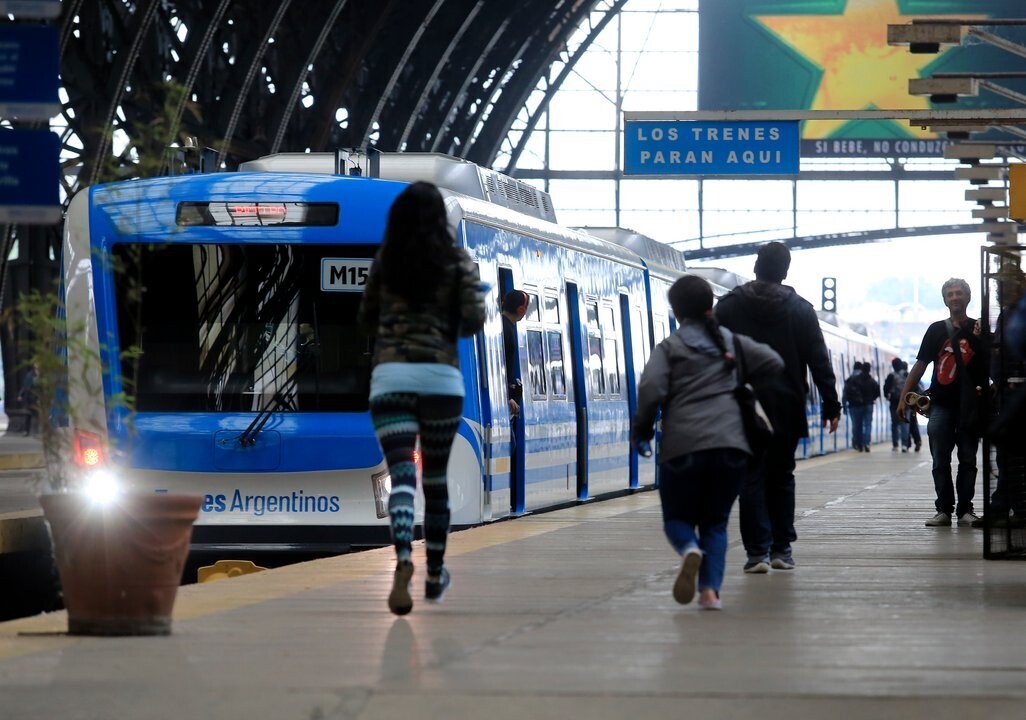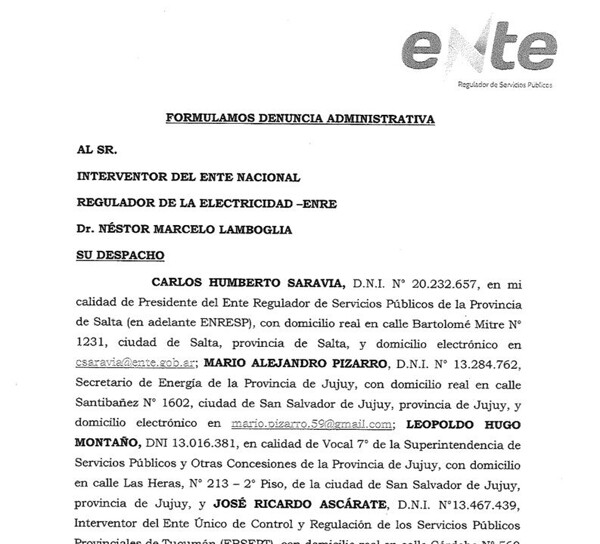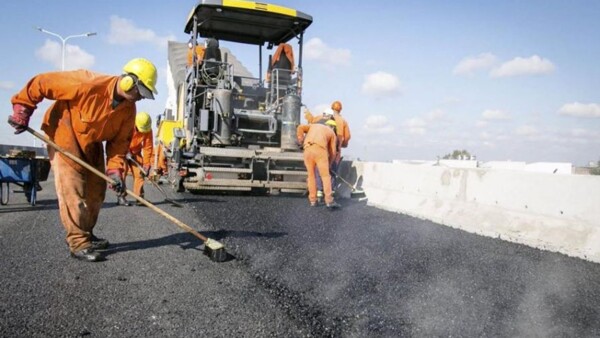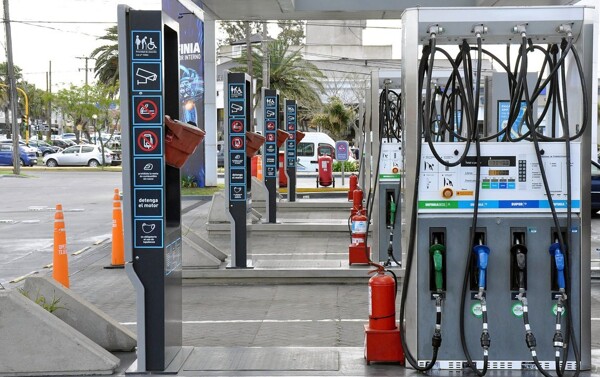
The National Government has established a new regulatory framework aimed at deregulating the implementation of Pilot Tests based on Innovation Projects in the Railway System within the context of the Railway Emergency. This measure seeks to encourage the evolution of the railway sector, allowing for the evaluation of changes, new technologies, and improvements in a controlled environment before their definitive implementation.
The regulation, which comes into effect today, will facilitate the conducting of pilot tests in a controlled environment regarding the maintenance of carriages, as part of the reviews carried out by the Transport Secretariat of the Ministry of Economy of the Nation to improve operational safety conditions in the National Railway Transport System.
Resolution 15/2025 of the Transport Secretariat of the Ministry of Economy establishes a framework that allows for the adoption of technologies and methodologies that enhance operational efficiency, reduce costs, and minimize risks in the Argentine railway system. Until now, the lack of a specific space to conduct field tests outside operational environments hindered experimentation, interfering with service performance.
With this new regulation, any public or private entity will be able to submit Innovation Projects in the Argentine railway sector to the Transport Secretariat, which will be responsible for their admission and oversight. Furthermore, the Undersecretariat of Railway Transport, the CNRT, and the CENADIF can propose the execution of priority Pilot Tests for the modernization and improvement of the railway system.
This regulatory framework supports the implementation of field tests, seeking to evaluate operational improvements, cost reductions, and the establishment of clear procedures for authorizing changes in the system. It also promotes the implementation of innovation projects based on empirical evidence and the strengthening of trust among the different stakeholders in the railway sector.














